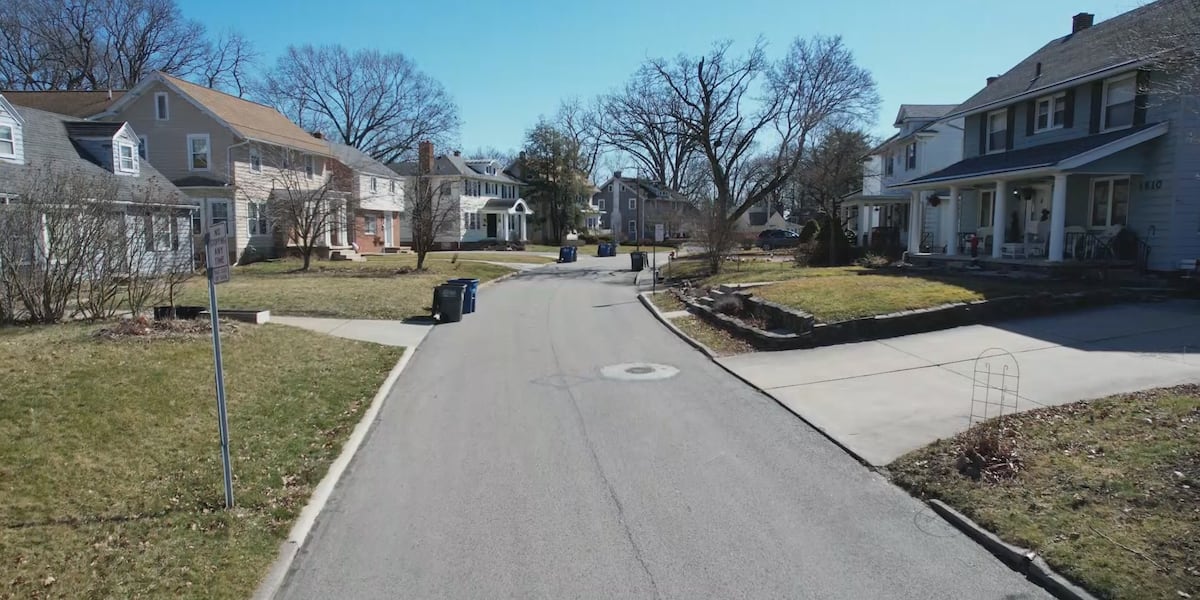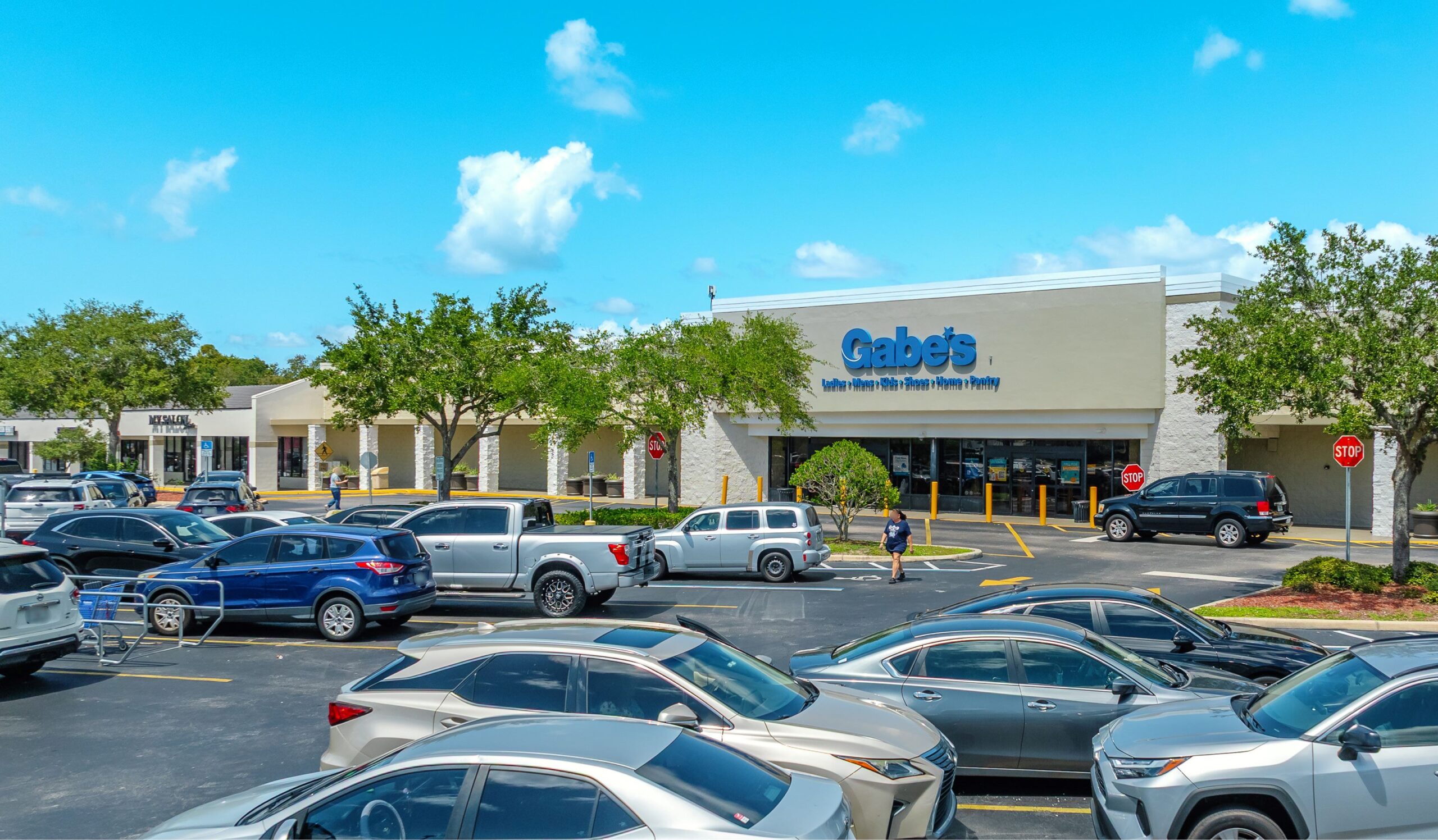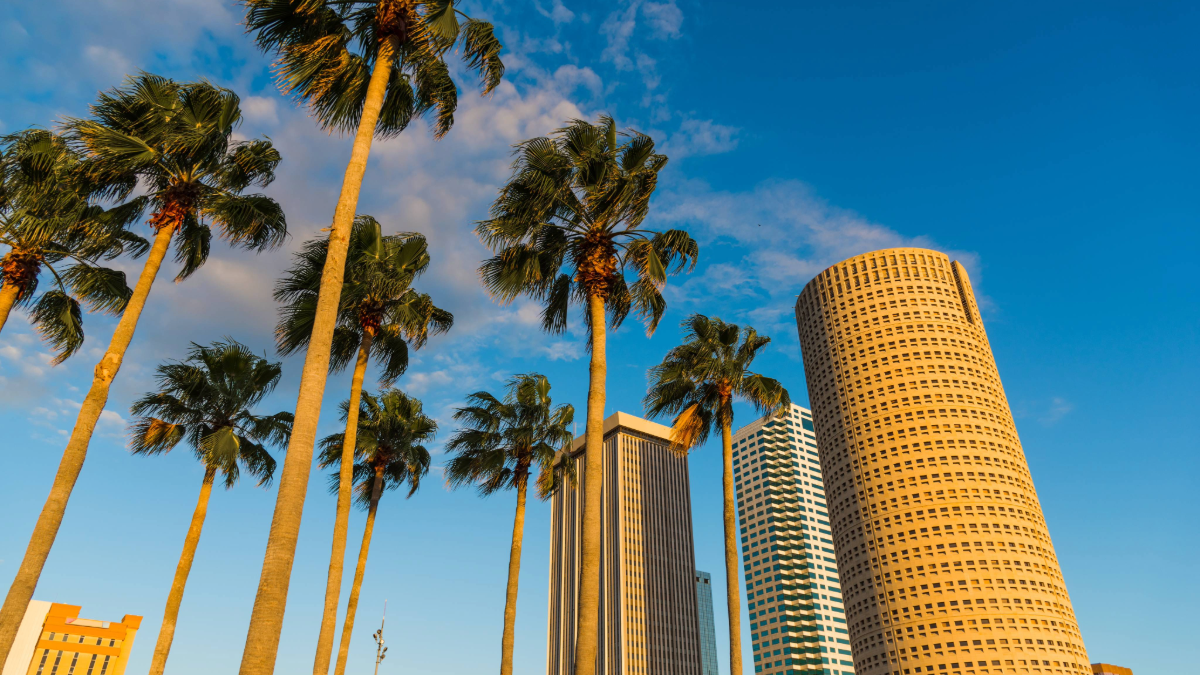A
lexandria Real Estate Equities has expressed concerns that declining demand for life science offices could lead to empty space at the Science Park and Research Campus (SPARC) in Kips Bay. The company's Richard Suarez testified before the City Planning Commission, warning that the city should leave room for alternative uses, including housing, at the site.
Suarez noted that no one can predict future demand when SPARC is completed in 2031. He also stated that a failed project would be detrimental to the ecosystem and the city as a whole. Alexandria is currently working on its own life science campus nearby, which it claims was delayed by the Economic Development Corporation (EDC).
The EDC is seeking approval for land use actions to make way for SPARC, a 1.5 million square foot life sciences campus between First Avenue and the FDR Drive. The site will include a new educational building for Hunter College and CUNY's Graduate School of Public Health & Health Policy.
Suarez urged the city not to prioritize manufacturing-related laboratories at the expense of prohibiting housing. However, the administration views SPARC as a job driver, creating a pipeline from universities to life science and health industries. EDC's Andrew Kimball sees the project as cementing Kips Bay as the anchor of New York City's life sciences ecosystem.
Manhattan Borough President Mark Levine recommended approval for the project, acknowledging that housing is not compatible with SPARC plans but suggesting flexibility in allowing different uses at the site. He also asked the EDC to prioritize housing on other city-owned sites and attract a wide range of companies to ensure the success of the project.















